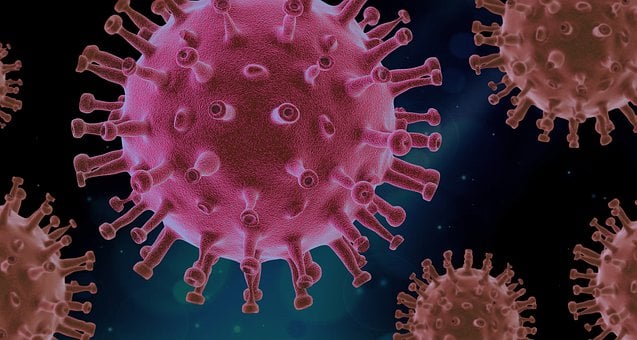Jun 30
2020
Antibody Discovery, Viral Therapy and COVID-19: What to Know in 2020

Ever since the SARS-CoV-2 virus—better known as COVID-19 or the novel coronavirus—appeared on the world stage in December 2019, the scientific community has been searching for a way to fight it. With the onset of the pandemic, the world engaged in social distancing, followed stay-at-home orders, wore personal protective equipment, and reacquainted themselves with proper handwashing techniques—effectively dampening the spread of SARS-CoV-2.
However, May 2020 saw the death toll quickly approaching 400,000, and it became clear that efforts to find a way to prevent and treat the virus were more critical than ever.
SARS-CoV-2 and Viral Therapies
SARS-CoV-2 is a coronavirus (the source of the common name used in the media). Coronaviruses typically affect the upper and lower respiratory tracts, making it difficult to breathe. These viruses range from mild, as is the case with several of the seven currently recognized types, to severe: Middle East respiratory syndrome (MERS), SARS, and COVID-19 are examples of severe forms of coronavirus that can cause respiratory failure, shock, and death.
Since SARS-CoV-2 is a virus, it isn’t susceptible to the antibiotics used to treat bacterial respiratory infections. For viruses, researchers have discovered therapeutics that utilize antibodies to attack the proteins on a virus’s surface. These monoclonal antibodies specifically target vulnerable proteins and are used in several therapeutic pharmaceuticals that have shown promise in treating and preventing different viruses.
Antibody Discovery
To identify antibodies that may show some efficacy against a particular virus, researchers rely on antibody discovery. During the discovery process, researchers identify an ideal target—such as a receptor or antigen located on the surface of a virus—and use biochemical methods to assess its interactions and validate its ability to affect the functioning of the virus. Then, researchers use the potential targets to stimulate an immune response, usually within an animal host like a mouse.
The antibodies produced to launch the immune response become antibody candidates for therapeutic purposes. From there, the antibodies are converted from animal form, if necessary. Researchers can modify these antibodies, which increases their effectiveness, and compare them to others to find the best possible antibody to neutralize a virus. So far, no antibodies have shown enough efficacy against SARS-CoV-2 to warrant the later stages of antibody discovery or further in vitro and animal testing to become drug candidates—until now.
Antibody Discovery and SARS-CoV-2
Antibody discovery efforts began in late February 2020, and typically take months to complete. Researchers identified properties of coronaviruses that showed promise for antibody targeting in earlier coronavirus outbreaks. They discovered that trimeric “spike” glycoproteins—which act as receptors and trigger membrane fusion with host cells—may have the same function in SARS-CoV-2. By disabling receptor interactions, as they had with the original SARS virus, researchers hoped to neutralize infection.
Instead of utilizing rodent antibodies, however, the SARS-CoV-2 antibody discovery was unique in that it utilized a human antibody (known as 47D11) developed within mice using transgenic mouse technology. 47D11 shows promise in neutralizing both SARS and SARS-CoV-2, meaning that it could slow or halt infection in an infected individual, help clear the virus from the system, or protect an uninfected individual from the virus. It is the first monoclonal antibody that has shown any efficacy against the disease and remains a key research target for drug development.
Future Promise
As research into SARS-CoV-2 continues, 47D11 has entered clinical trials. The hope is that the antibody can either treat COVID-19 or prevent uninfected individuals from contracting it via a vaccine or other immunotherapy. Much research is still needed to determine what, exactly, 47D11’s role will be in the fight against COVID-19. Nevertheless, this much remains clear—antibody discovery has once again played a crucial role in therapy development for a severe virus.
Resources:
https://www.genengnews.com/news/coronavirus-neutralizing-human-antibody-discovered/
https://www.livescience.com/first-case-coronavirus-found.html
https://www.worldometers.info/coronavirus/coronavirus-death-toll/
https://www.medicinenet.com/monoclonal_antibodies/article.htm
https://www.hopkinsmedicine.org/health/conditions-and-diseases/coronavirus